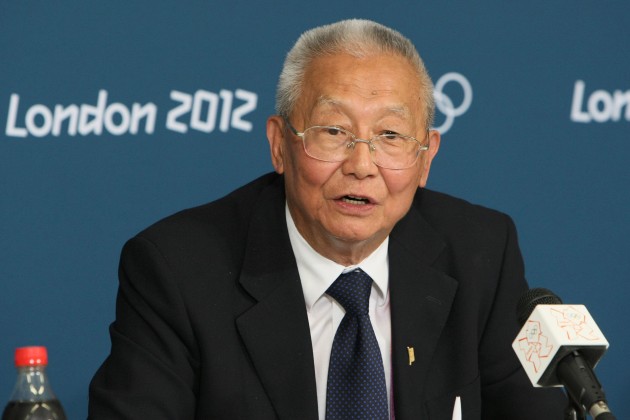
Jizhong Wei
The FIVB is trialling new technology to record whether services that reach speeds of over 100-kilometres an hour, land in or out and to rule on whether or not players touched the net.
President Wei used his end of London 2012 Olympic Games press conference to announce that he hoped such measures would be put in place by the time of the next FIVB World Championships in 2014 in Poland for men and Italy, for women.
“We will improve and use new technology on the line and above the net to solve the problem of in or out, or if there is a touch,” Mr Wei said. “As an international sports federation we have a responsibility to guarantee fair play to the players.“
“We have to serve the players, not to control them all the time, because the athletes undertook four years of scientific and hard training and we cannot allow one mistake from the judge or referee to make the difference. At the FIVB we recognise our responsibility.”
Judging from the response of fans in London to both volleyball and beach volleyball, both disciplines of the sport are in rude health. They both regularly filled their 15,000 capacity venues with fans whose support helped place the two disciplines among the most popular sports of London 2012.
Even though both disciplines are relatively new sports to the British public, the hope is that British children will be inspired by events they have seen at Horse Guard’s Parade and Earl’s Court and continue to drive the development of the two disciplines in schools and clubs around Great Britain and Northern Ireland.